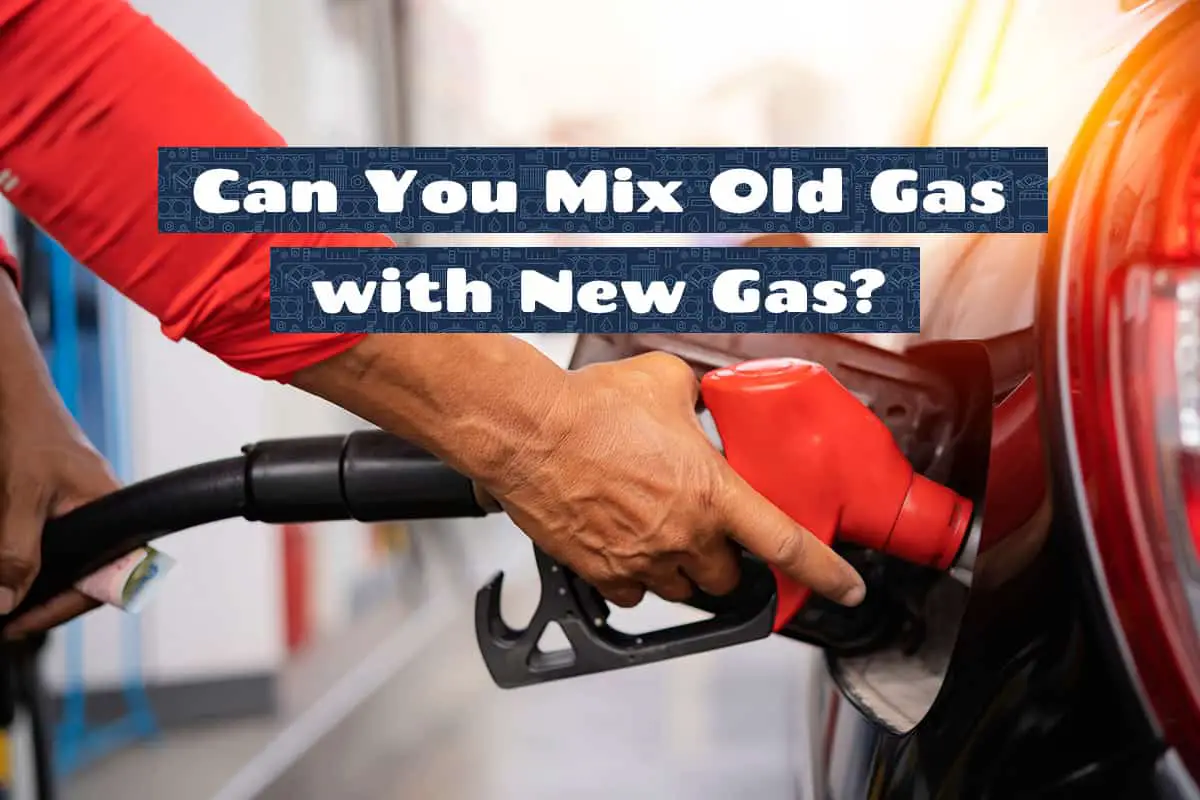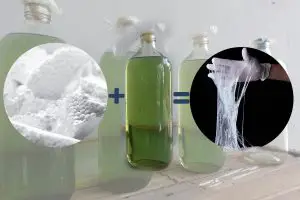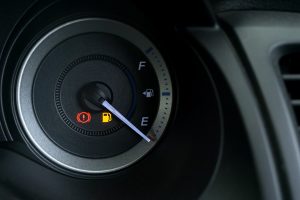Cars rely on gasoline to power their engines, and the quality of this fuel plays a pivotal role in performance. Unfortunately, gas can degrade, losing its original properties and potentially causing issues when used in a vehicle.
Can you mix old gas with new gas? Yes, but it’s not always advisable. Mixing the two can lead to suboptimal engine performance. If old gas is used in significant amounts, it can even damage the engine. It’s best to use fresh gas whenever possible. If you have old gas, consider disposing of it properly.
This guide will cover the topic of mixing old and new gas by exploring what “old” gas is, the risks of using old gas, and how to dispose of old gas safely.
What Is “Old” Gasoline?
Generally speaking, gasoline has a shelf life of up to 6 months in your car tank, with heat, oxygen, and humidity affecting the rate of degradation. However, there’s still so much more we need to unpack about gasoline that has gone past its prime.
Changes in Gasoline Over Time
As gasoline sits, several things begin to happen:
- Oxidation: Exposure to oxygen can cause gasoline to oxidize, forming gum-like substances. These substances can clog fuel systems, leading to reduced engine performance.
- Evaporation: The volatile components in gasoline tend to evaporate over time. When they do, the gasoline’s octane rating, which is a measure of its anti-knock properties, may drop. Lower octane gas can lead to engine knocking – a rattling noise you might hear when the air-fuel mixture in the cylinders is detonating in more than one place at a time.
- Ethanol Separation: Most gasoline types today contain ethanol. When exposed to moisture, ethanol can separate from the gasoline. This separated ethanol can absorb water, and since water doesn’t combust like gasoline, it can lead to engine issues.
The Effects of Aged Gasoline on Car Performance
When old gasoline is used in a car, several noticeable effects can arise:
- Reduced Fuel Efficiency: With its altered composition, old gasoline may not burn as efficiently as fresh gasoline, leading to reduced miles per gallon.
- Poor Engine Performance: Engines running on old gas can experience rough idling, stalling, or a lack of power during acceleration.
- Engine Deposits: The gums and varnishes formed in old gasoline can deposit on engine parts, leading to reduced engine life and increased maintenance costs.
- Corrosion: The contaminants in old gasoline, especially any water that’s separated from ethanol, can lead to corrosion in the fuel system.
Identifying Old Gasoline
If you suspect you have old gasoline on hand, there are a few signs to look out for:
- Smell: Fresh gasoline has a familiar pungent smell. In contrast, old gasoline might smell sour or rotten.
- Appearance: Over time, gasoline can become darker. If it looks cloudy or has a strange layer separated at the bottom, it’s a sign the gasoline has aged and possibly separated.
- Testing: There are commercial gasoline test kits available. These kits can help determine aspects like octane rating, ethanol content, and other attributes, indicating the gasoline’s age and usability.
Mixing Old and New Gas: What Can Happen?
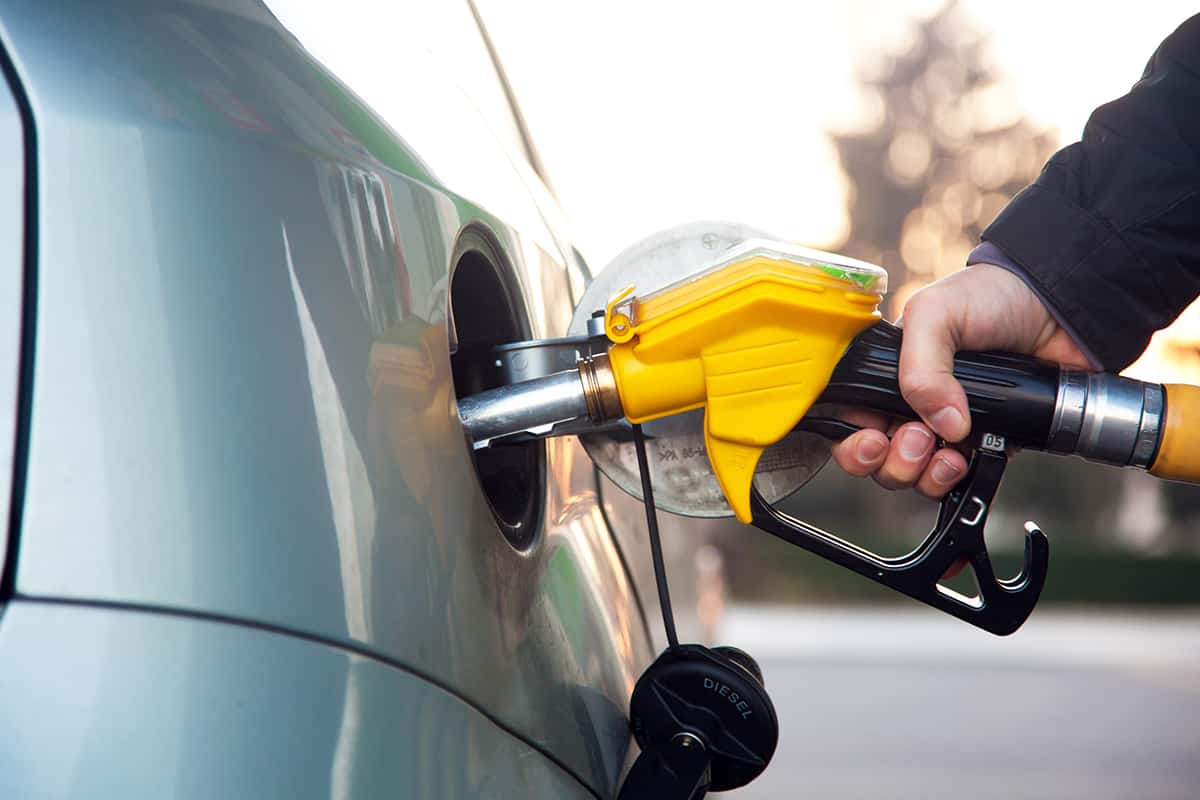
Based on the information above, starting your car up and driving around on old gas can lead to all sorts of issues. So, is the solution to mix old gas with fresh gas? The straightforward answer is, “No.” Here’s why.
Chemical Reactions and Compatibility
Gasoline is a mixture of various hydrocarbons. When old gasoline, which might have oxidized or separated components, mixes with new gasoline, chemical reactions can occur.
- Octane Level Changes: Old gasoline can have a reduced octane rating. Mixing it with new gas might not bring the octane level up to the standard required for your car, potentially leading to engine knocking.
- Ethanol Issues: As gasoline ages, ethanol can separate and absorb water. Mixing old and new gas can distribute this water content, making it harder for your engine to burn the fuel efficiently.
Effects on Car Components
The components of your vehicle, especially those directly interacting with the fuel, can be affected by the mixed gasoline:
- Fuel Filter Clogging: Any particles or residue in old gas can clog the fuel filter, which restricts the flow of gasoline to the engine.
- Corrosion Risks: The increased moisture content from separated ethanol in old gas can lead to corrosion in the fuel system and engine parts.
- Damaging Sensors: Modern cars have sensors in the fuel system to optimize performance. Contaminated or inconsistent fuel mixtures can cause these sensors to malfunction or provide incorrect readings.
Is There Ever a Good Time to Mix?
While the potential drawbacks should put you off of even considering it, there are scenarios where mixing could be feasible. Note: Try these at your own risk!
- Low Ratios: If you have a small amount of old gas and mix it with a significantly larger volume of new gas, the negative effects can be diluted.
- Using Additives: Fuel stabilizers or other additives can sometimes help in balancing out the negative effects of old gasoline, though it’s best to consult a professional or manufacturer guidelines before adding any to your fuel.
What Should I Do With Old Gas?
Finding a stash of old gasoline might make you wonder about its potential uses or the safest way to discard it. We’ll discuss a few options below, but make sure you follow all environmental protocols so you don’t get caught doing anything illegal.
How to Siphon Gas from a Car
First things first, we need to figure out how to get the old gas out of your car’s tank. Read this guide if you have a newer car with anti-siphoning systems in place.
- Prepare: Get a fuel container, a clear hose, and safety gloves.
- Position: Ensure the container is lower than the car’s gas tank to allow gravity to assist.
- Insert Hose: Push one end of the hose into the gas tank, ensuring it’s well immersed.
- Start the Flow: Suck on the free end of the hose until gasoline nears your mouth. Quickly lower this end into your container. Gasoline will flow out due to gravity.
- Stop: To cease siphoning, lift the hose from the container before removing it from the car’s tank.
Uses for Old Gasoline
While using old gasoline directly can pose risks, there are ways to utilize it without harming your vehicle:
- Lawn Equipment: Some older, less sensitive machinery like lawnmowers might tolerate old gas better than modern car engines.
- Cleaning Agent: Gasoline acts as a solvent and can be used to clean tools or greasy surfaces. However, do this in well-ventilated areas, away from flames or sparks.
- Fire Starter: In controlled environments, like when starting a bonfire, old gasoline can act as an accelerant. Use with caution and store away from children.
Safe Disposal Methods
If you decide not to use the old gasoline, it’s essential to dispose of it responsibly:
- Hazardous Waste Facilities: Many areas have facilities that accept old gasoline. They have the means to process or recycle it safely.
- Recycling Centers: Some recycling centers have provisions for old gasoline, turning it into usable fuel or ensuring safe disposal.
- Don’t Pour or Dump: Never pour old gasoline on the ground, into drains, or into water sources. It’s harmful to the environment and can contaminate water supplies.
How Frequently Should I Change the Gas in a Car that’s Rarely Used?
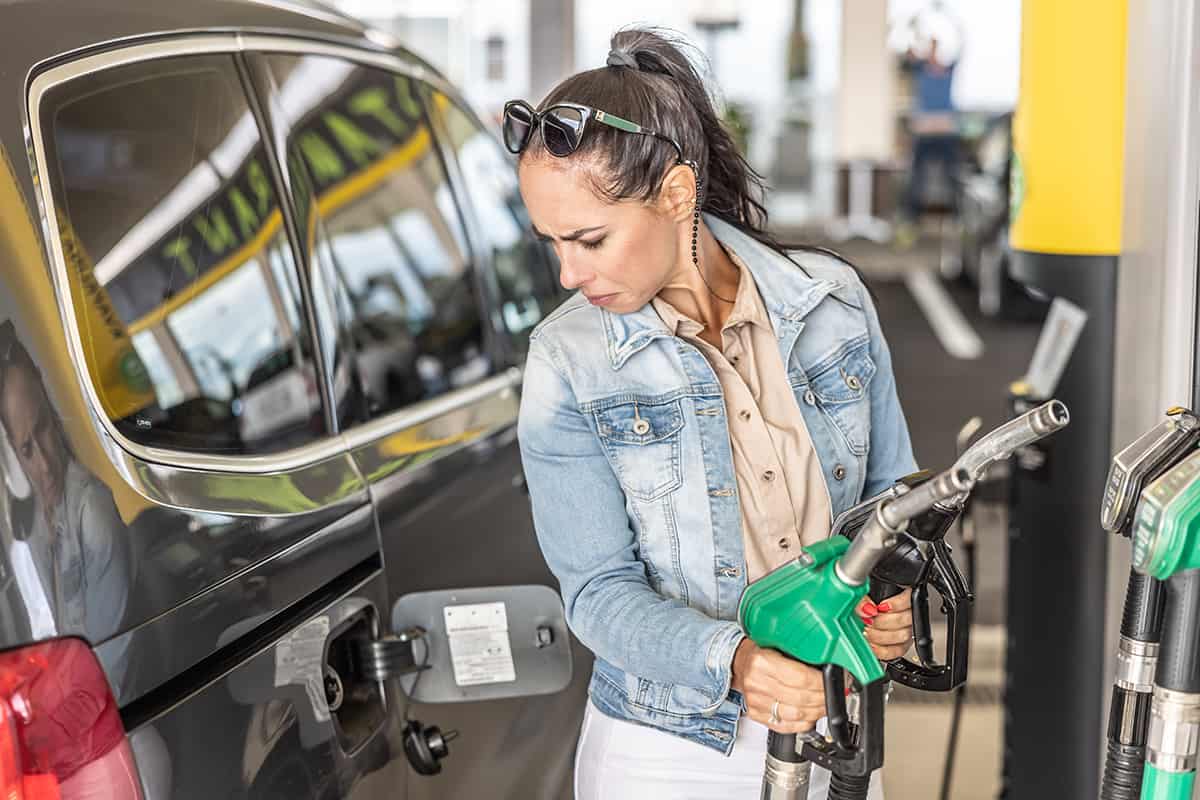
If a car is rarely used, the gasoline in its tank can start to degrade after about three to six months. To maintain optimal car health, you can try:
- Driving the Car Periodically: Even a short drive once a month can help circulate the gasoline, preventing it from stagnating. This also helps lubricate other parts of the engine.
- Using Fuel Stabilizers: If you anticipate that your car will be unused for a prolonged period, adding a fuel stabilizer to the gas tank can extend the life of the gasoline. Stabilizers can protect the gasoline from oxidation and prevent the formation of gum and varnish.
- Storing in a Full Tank: If the car is going to be stationary, store it with a full tank of gasoline. This reduces the amount of air, and consequently moisture, in the tank, which can help in slowing down gasoline degradation.
